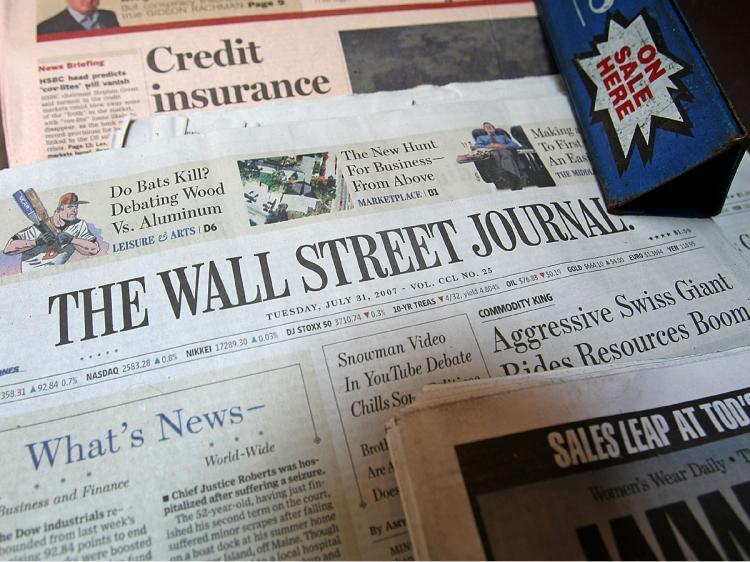The Wall Street Journal (WSJ) editorial board came out this week to express support for curtailing broad legal protections for technology companies after one of the newspaper’s opinion articles was fact-checked by Facebook.
“We’ve been leery of proposals in Congress to modify Section 230 protections that shield internet platforms from liability. But social-media giants are increasingly adding phony fact checks and removing articles flagged by left-leaning users without explanation,” the board wrote in an op-ed title “Fact-Checking Facebook’s Fact-Checkers.”




